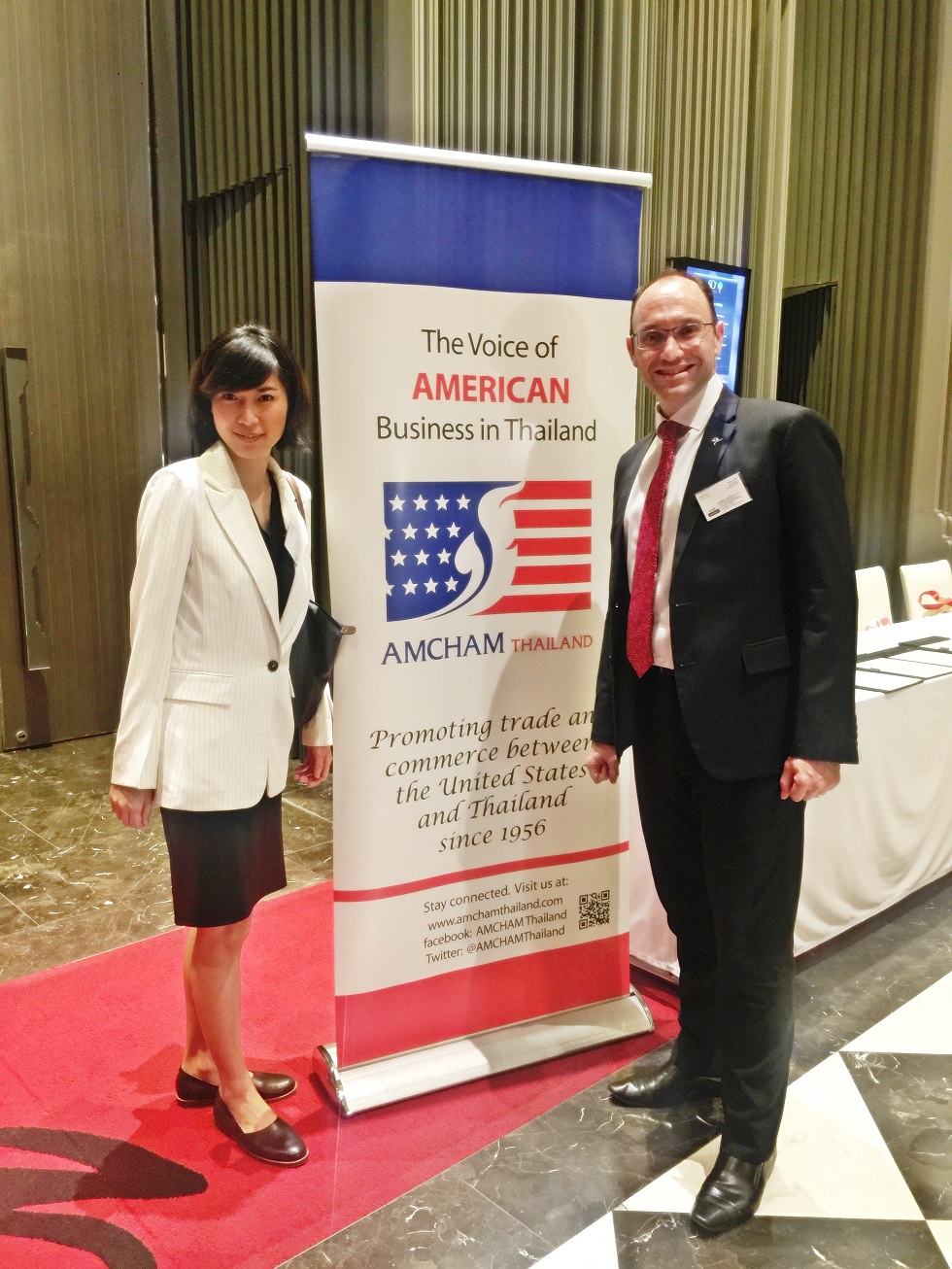Director Rights & Duties in a Company Limited
Director Rights & Duties in a Company Limited Duties & Obligations: The duties of director in a limited company are covered under the Civil and Commercial Code of Thailand (hereinafter referred to as the ‘CCC’). Generally, a company director will be recognized as the agent of the company, to duly conduct business of the Company provided that it is done in compliance with the law and the scope of company’s objective and its’ Articles of Association (‘AoA’). Director Standard of Care: The duties/responsibilities of a director of a company (as specified under the CCC) are set out in section 1168 paragraph 2 of the CCC, which provides that the directors must in their conduct of the business apply the diligence (standard of care) of a careful business man. Specific Responsibilities of Directors: The Directors are jointly responsible for the following: […]



 Except where otherwise indicated, content on this site is allowed to be used under
Except where otherwise indicated, content on this site is allowed to be used under